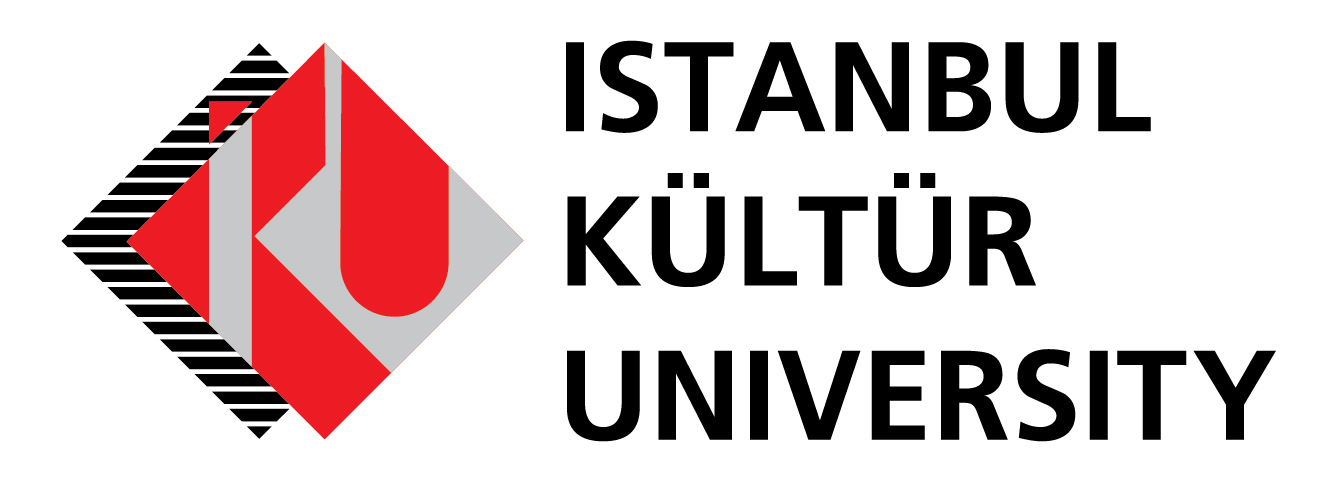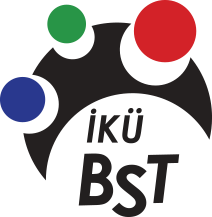Within the framework of the decision number 09, which covers "Teaching Fields, Assignment and Course Teaching Principles" updated by the Board of Education and Discipline of the Ministry of National Education on 20.02.2014, teaching about special education such as Education for the Mentally Disabled, Education for the Visually Impaired, Education for the Hearing Impaired and Education for the Superior Intelligence fields were merged and graduates of these programs started to be appointed as "Special Education Teachers" regardless of the program they graduated from. The change on the subject was also notified to the Higher Education Council by the Ministry of National Education. In this framework, it was necessary to develop a new "Special Education Teaching" undergraduate program, which should be implemented from the 2016-2017 academic year. Upon this, in accordance with the decision of the Executive Board of Higher Education dated 30.12.2015, it has been reported that the name of the programs that enroll students in the field of special education to universities was changed to "Special Education Teaching" with the letter of the Directorate of Education and Training of the Higher Education Council dated 08.01.2016 and numbered 758550160-104.01.02.01 / 843. The said change was also made in the 2016 exam guide of ÖSYM.
Later, the Council of Higher Education, taking the opinions of the stakeholders, started a new draft study to create a joint program by blending all undergraduate programs opened within the Special Education Department. The new "Special Education Teaching" undergraduate program was created to enable special education teacher candidates to gain competencies in different fields of special education and to meet the demands of the Ministry and relevant educational institutions. Within the special education department, five departments with undergraduate programs were preserved, and it was envisaged that these departments would open graduate programs to specialize in related fields, as in the past.
Later, the Council of Higher Education, taking the opinions of the stakeholders, started a new draft study to create a joint program by blending all undergraduate programs opened within the Special Education Department. The new "Special Education Teaching" undergraduate program was created to enable special education teacher candidates to gain competencies in different fields of special education and to meet the demands of the Ministry and relevant educational institutions. Within the special education department, five departments with undergraduate programs were preserved, and it was envisaged that these departments would open graduate programs to specialize in related fields, as in the past.
The process of creating the new "Special Education Teaching" undergraduate program was tried to be carried out in a participatory and democratic manner as much as possible, and the opinions of the stakeholders were taken in this process. A draft program was prepared taking into account the recommendations received in the meetings with the Heads of Special Education Departments, international and national literature, needs and developments. About this draft, the opinions of the special education departments, the Ministry of National Education General Directorate of Special Education and Guidance Services and other stakeholders were taken and finally evaluated in the Teacher Training Working Group of the Council of Higher Education and the draft was finalized in this way.
Undergraduate programs such as Teacher Training for the Mentally Handicapped, Teacher Training for the Hearing Impaired, Teacher Training for the Visually Impaired, Special Education Teaching and Teaching for the Superior Intelligence, which were previously conducted in the Special Education Departments of Education Faculties, were closed as of the 2015-2016 academic year in line with the requests and regulations of the Ministry of National Education. There is only one undergraduate program as Education Teaching. Undergraduate education has been implemented as a Special Education Teaching undergraduate program in all Special Education Departments since the 2016-2017 academic year.
The key feature of the new program is that it aims to implement the process of training Special Education Teachers who have the qualifications to adapt the teaching process for students with various special education needs at different developmental stages or education levels, and who can also specialize in the special education fields they are interested in. In this context, the courses in the undergraduate program of Special Education Teaching consists of basic field courses, teaching profession courses and general culture courses. Also, the student may take the 25% of the total required credits as elective. The general culture courses and professional teaching knowledge are the common courses that are given by the other undergraduate programs of the faculties of education.
The common field courses included in the Special Education Teaching undergraduate program constitute the core curriculum of the program and this core curriculum aims to provide teacher candidates with basic competencies related to the field in training special education teachers. Most of the courses in the core curriculum have been structured to cover all groups with special education needs and course contents have been created in this context. In addition, the new program allows prospective teachers to specialize in different areas related to special education.
In the program, a total of six elective course pools, namely Intellectual Disability, Autism Spectrum Disorders, Learning Disabilities, Special Abilities, Hearing Impairment and Visual Impairment, were created. In order to increase the competencies of the students who are continuing the Special Education Teaching undergraduate program in different sub-fields of special education, it has been imposed that they take at least one course from each field elective course pool. In addition, Special Education Teaching undergraduate program students specialize in different sub-fields of special education through field elective courses. Students have the opportunity to specialize in one or more special education fields they want to specialize according to their interests and tendencies by taking at least seven courses in total from the related field electives.
The common field courses included in the Special Education Teaching undergraduate program constitute the core curriculum of the program and this core curriculum aims to provide teacher candidates with basic competencies related to the field in training special education teachers. Most of the courses in the core curriculum have been structured to cover all groups with special education needs and course contents have been created in this context. In addition, the new program allows prospective teachers to specialize in different areas related to special education.
In the program, a total of six elective course pools, namely Intellectual Disability, Autism Spectrum Disorders, Learning Disabilities, Special Abilities, Hearing Impairment and Visual Impairment, were created. In order to increase the competencies of the students who are continuing the Special Education Teaching undergraduate program in different sub-fields of special education, it has been imposed that they take at least one course from each field elective course pool. In addition, Special Education Teaching undergraduate program students specialize in different sub-fields of special education through field elective courses. Students have the opportunity to specialize in one or more special education fields they want to specialize according to their interests and tendencies by taking at least seven courses in total from the related field electives.
In Special Education Teaching undergraduate program, elective courses start as of the 3rd semester and there are two elective courses in the program each semester. Courses in the range of Electives I-VI (ie elective courses in the 3rd, 4th and 5th semesters) will consist of one course each to introduce the specialization areas. One course will be taken in the each areas of Intellectual Disability, Autism Spectrum Disorders, Learning Disabilities, Special Abilities, Hearing Impairment and Visual Impairment. Courses in the range of Elective VII-XII will consist of courses to be determined according to their areas of expertise, and prospective teachers will be enrolled in the courses according to the fields of expertise they have chosen.


